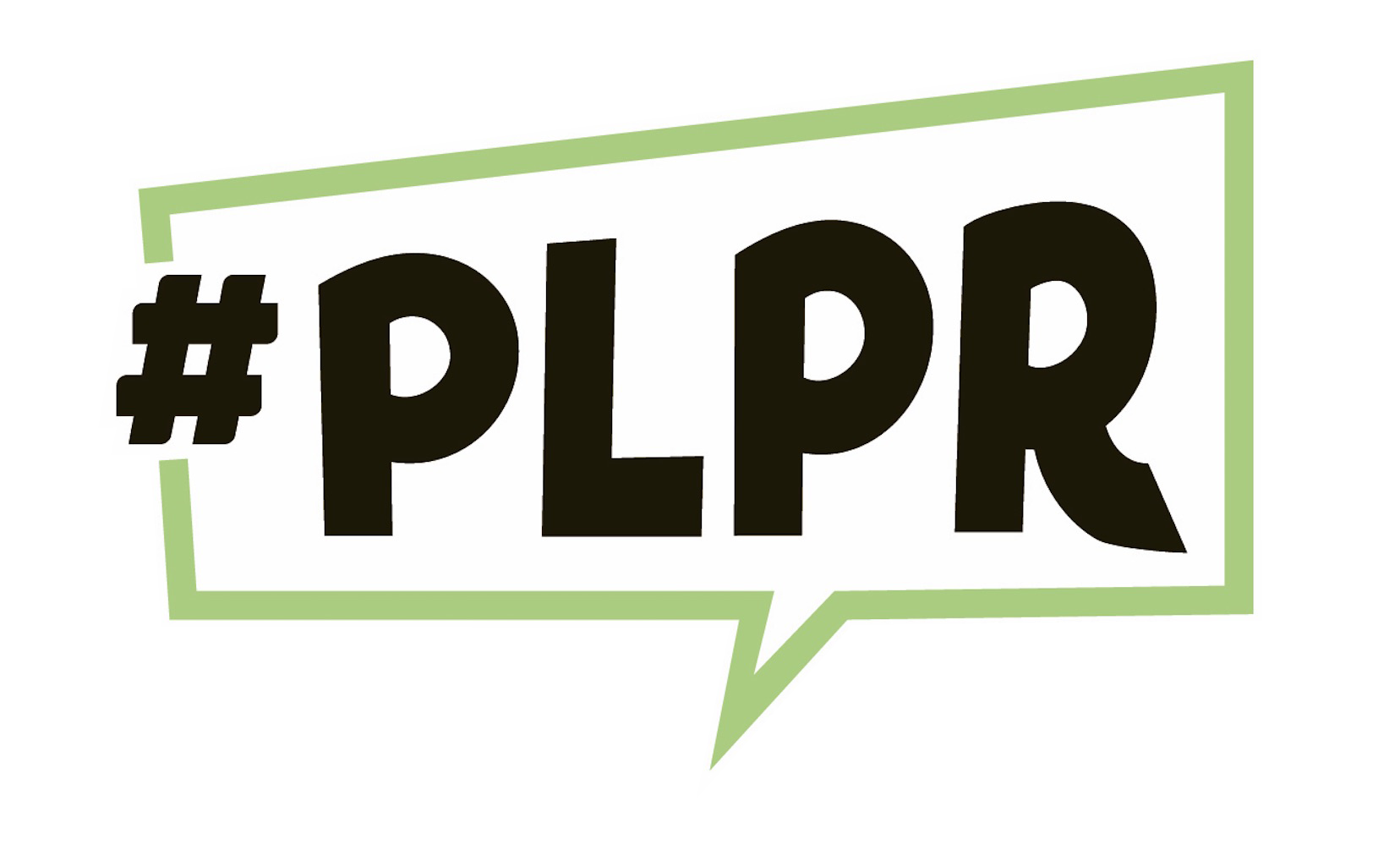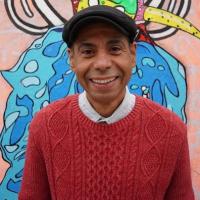They Wear Zapatos de Arco-Iris (Rainbow Shoes) to the Epiphany
Marching down
an impasse street
seen parading on TV
the children of a colony
are dancing proudly
exiled with the flag
they inherited from history.
Navideña is the night
over a barrio where
a niño is born
under the northern fifty stars
He learns to walk
with other niños y niñas
from a nation unknown
lost is Diaspora
on an imperial paved road.
Three saw the star
three from Belén
two thousand years
they journeyed to Borikén
where the Jibaro-Santero
has carved them
and calls them in prayer
asking please, bring gifts
to the poor niños y niñas
of this estrella.
They came on the eve
Tres Reyes Magos
riding on three Paso-finos
in search of the star
inside every Borincano child.
Under the children’s bed
they find fresh grass
for the royal horses to eat
and leave an Aguinaldo treat.
With esperanza still bright
and Parrandas loud
they gallop through the isle
bringing gifts to every child
stopping at the coast
where black are both
the sea and sky
and empty of treasures rest
Tres Reyes Magos.
A new star shines in the sky
Seen by the middle saint divine
Melchor is his name
Africa’s negro Rey.
He says to the wise,
“look there on the street,
deep in a city canyon
a beckoning light
and hidden among the shadows
are niños y niñas heirs to this estrella”.
“We must ride”, he said,
“ through the sky
and bring Aguinaldos
to them this night”.
But the other wise men
said to Melchor
“we have no more treasures,
we gave them away,
to all the children en la isla
to them all gifts we gave”.
So the wise Melchor
on his white horse
contemplated and prayed
and then he said to the wise,
“bring them history
bring them song
bring them zapatos de arco-iris
so they may walk
to the future with dignity”.
And so Los Tres Reyes Magos
mounted tres Paso-finos
and rode towards the north
through the heavens
through the night
guided by the stars light.
In the morning they arrived
Singing, “ven, ven little Boricuas!
Look at what we brought you
History, song and zapatos de arco-iris
for the Reyes y Reynas de La Bandera”.
All over the barrio, niños y niñas
woke from their dreams
when they heard the three sing.
They run to see the epiphany
they run to see the three
who ride Paso-finos down the street
with gifts for shoeless rainbow feet.
A trail of shackles remain on the street
a phenomenon never seen on t.v.
as they wear zapatos de arco-iris
to the epiphany.
Niños y niñas are reborn
on this street the star adorns
as they wear zapatos de arco-iris
to the epiphany.
History they live and make
on Division street renamed
and, they wear zapatos de arco-iris
to the epiphany.
Arocho, Eduardo. "They Wear Zapatos de Arco-Iris (Rainbow Shoes) to the Epiphany." Centro Journal, vol. 13, no. 2, 2001, pp. 96-7.
Rights: Eduardo Arocho; Centro de Estudios Puertorriquenos (Center for Puerto Rican Studies)Llevan puestos zapatos color arcoíris a la Epifanía (trad.)
Marchando por
un callejón sin salida
aparecieron en la televisión
los hijos de una colonia
bailan con orgullo
en el exilio junto a la bandera
que les heredó la historia.
Navideña es la noche
en el barrio en donde
un niño nace
bajo las cincuenta estrellas del norte.
Él aprende a caminar con otros niños y otras niñas
de una nación extraña
lo extraviado es Diáspora
en una carretera imperial pavimentada.
Tres vieron la estrella
Tres de Belén
que durante dos mil años
viajaron a Borikén
donde el Jíbaro Santero
los ha tallado
e invocado en oración
rogándoles que por favor traigan regalos
a los y las pobres niños y niñas
de esta estrella.
Llegaron en la víspera
tres Reyes Magos
cabalgando paso finos
buscando la estrella
dentro de cada niño borincano
bajo la cama de los niños
hallan hierba fresca
para que los caballos nobles coman
y dejen una sorpresa de aguinaldo.
Con la esperanza aún brillando
Y las parrandas sonando
galopan por la isla
a cada niño llevando regalos
paran en el litoral
donde negros son
el mar y el cielo
y reposan
ya sin ningún tesoro
los Tres Reyes Magos.
Una nueva estrella brilla en el cielo
Vista por el santo divino del medio
Su nombre es Melchor
El Rey africano y negro.
Le dice a los magos,
“miren allí en la calle
en lo hondo del barranco de la ciudad
una luz nos llama
usando las sombras de escondite
hay niños y niñas que estas estrellas heredarán”.
“Debemos cabalgar”, dijo,
por el cielo
“y esta noche
llevarles Aguinaldos”.
Pero otro mago
le dijo a Melchor
“No quedan más tesoros
ya los regalamos
a todos los niños de la isla
les dimos los obsequios”.
Así que el mago Melchor
dijo a los magos,
“les llevaremos historia
les llevaremos canción
les llevaremos zapatos de arco-iris
para que al futuro
caminen dignamente”.
Así, los tres Reyes Magos
se montaron sobre los tres paso finos
y cabalgaron hacia el norte
atravesaron los cielos
atravesaron la noche
guiados por la claridad de las estrellas.
Llegaron de madrugada
Cantando “ven, ven little Boricuas!
Look at what we brought you
History, song and zapatos de arco-iris
for the Reyes y Reinas de La Bandera.”
Por todo el barrio, niños y niñas
despertaron de sus sueños
cuando escucharon el canto de los tres.
Corrieron a ver
la epifanía
Corrieron a ver los tres
Cabalgando paso finos por la calle
con obsequios para pies descalzos arcoíris.
Una estela de cadenas en la calle queda,
un fenómeno nunca antes visto en la tevé
mientras llevan puestos zapatos de arcoíris
a la Epifanía.
Historia que viven y hacen
en Division Street, renombrada
Y llevan puestos zapatos de arcoíris
a la Epifanía.
Arocho, Eduardo. "They Wear Zapatos de Arco-Iris (Rainbow Shoes) to the Epiphany." Centro Journal, vol. 13, no. 2, 2001, pp. 96-7.
Rights: Eduardo Arocho; Centro de Estudios Puertorriquenos (Center for Puerto Rican Studies)
